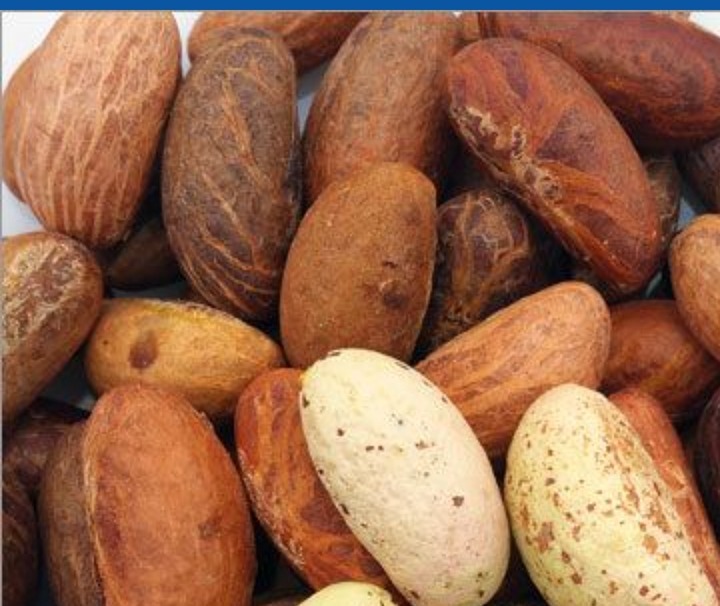Hypertension: Bitter kola is a type of nut found in various tropical climates that are traditionally used as a stimulant and remedy for many different illnesses.
It contains a range of active components, including caffeine and powerful antioxidants.
This has led some to suggest these properties make it a promising treatment for high blood pressure.
However, relatively little research currently exists to support this theory and it is strongly advised against for those with hypertension.
High blood pressure, or hypertension, is a medical condition characterized by persistently elevated levels of pressure in the arteries.
The National Institutes of Health (NIH) report that it affects around 1 in 3 adults in the United States and is a major risk factor for the development of heart disease.
It is essential for those with the medical condition to closely monitor their diet and take effective healthcare interventions, such as medications prescribed by a doctor, to reduce their risk.
According to Healthline, the use of bitter kola as an auspicious treatment for high blood pressure is largely anecdotal and is not supported by scientific research.
In general, no small-scale or large-scale research exists to suggest that bitter kola is beneficial for this condition.
Furthermore, some of the properties that make it a popular traditional remedy may exacerbate the condition and increase risk.
The active components of bitter kola are antioxidants. In general, antioxidants are compounds that can limit the production of oxidation by-products in the human body.
This can help to slow down the degradation of cells and tissues and improve overall health. While this article cannot decypher the health benefits of taking antioxidants in general, many studies have provided evidence for their role in reducing the risk for certain types of cancer.
However, as far as reducing high blood pressure goes, there is little to no evidence that suggests that taking antioxidants, such as those found in bitter kola, can help.
Despite the common folklore that this nut is effective as a treatment, it is important to be wary of any health claims that have not been backed up by robust scientific evidence.
Another important factor to consider when looking at the efficacy of bitter kola for treating high blood pressure is how it affects the cardiovascular system.
As part of this system, the arterial pressure maintains a steady flow of oxygenated blood and helps to regulate blood pressure.
Due to its stimulating and diuretic properties, bitter kola can increase the heart rate and force the arteries and veins to constrict.
This can cause a subsequent rise in arterial and thereby, blood pressure. Taken together, this means that for those with hypertension, it is possible to aggravate the condition by taking too much of the nut.
In conclusion, it is important to understand that, despite popular belief, there currently is no empirical evidence to suggest that bitter kola can safely treat or prevent high blood pressure.
While taking the nut may provide other health benefits due to the antioxidants it contains, it is strongly advised against for those with hypertension due to its potential to increase artery pressure and worsen the condition.
In light of this, it is always best to discuss any decision to supplement with bitter kola with a healthcare professional before starting any treatment.
Furthermore, those with hypertension should stick with the primary strategies recommended by their doctor, such as lifestyle changes and medications, to successfully control their condition.


